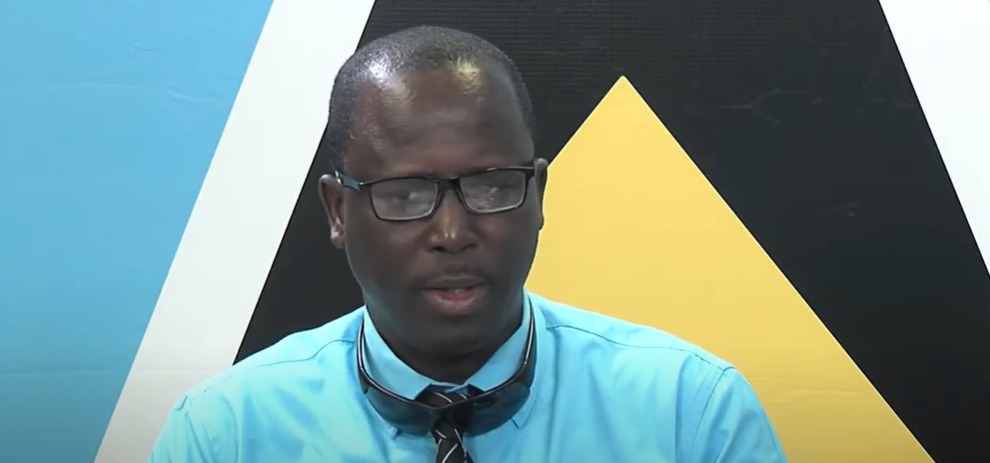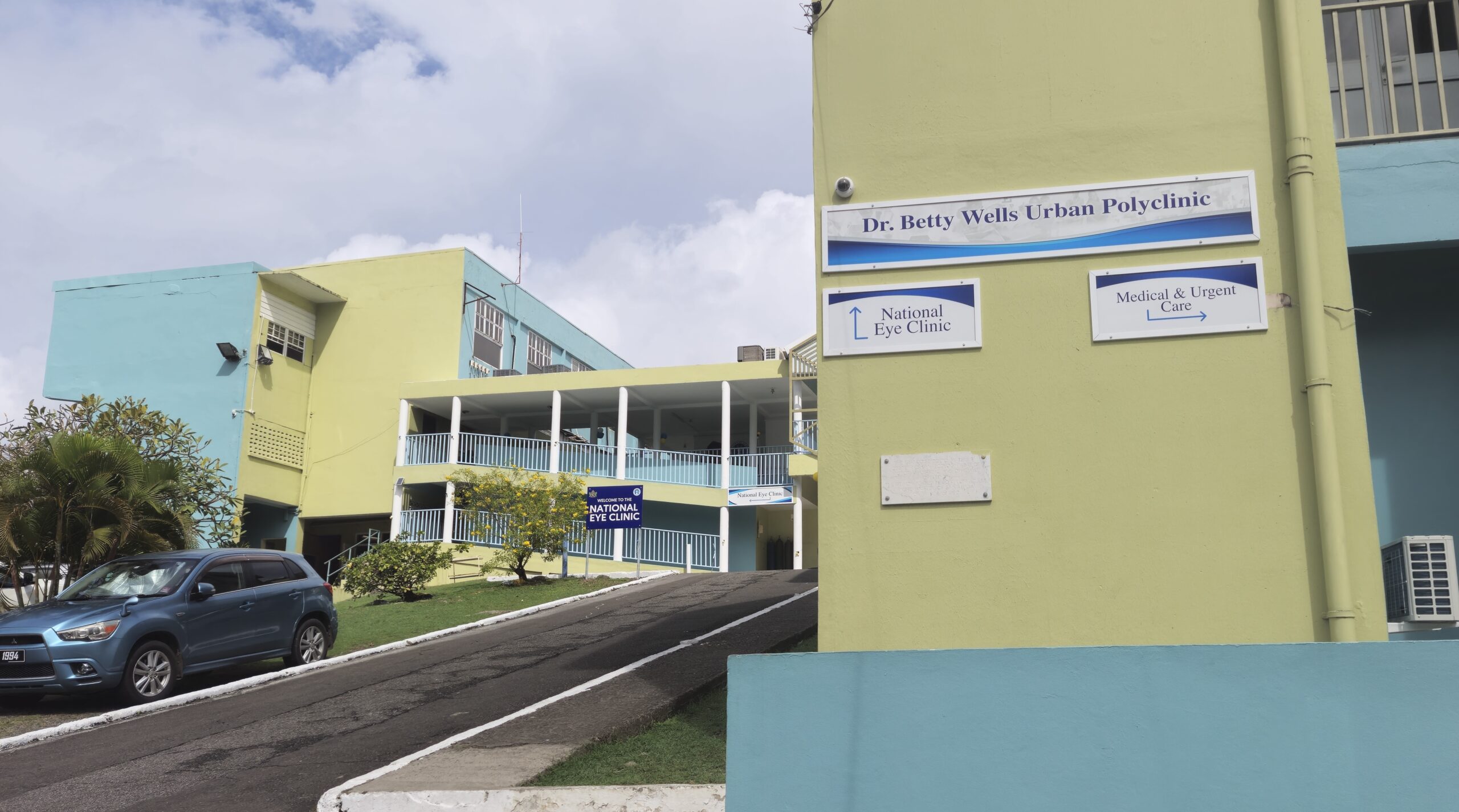

“It’s like the bus system here is a black and white TV in a modern house,” is how economist Dr. Thomas Samuel has described the island’s transportation system.
In an interview with St. Lucia Times, Samuel provided a critical review of the transportation system’s impact on the country’s economic growth and development. The veteran economist highlighted the system’s inadequacies, emphasising its incompatibility with current development needs.
“The transportation system in Saint Lucia is somewhat inadequate and incompatible to the needs of the country at this stage of its development,” Dr. Samuel said. “And, unfortunately, it is a sector that has not undergone much transformation. Most of the routes are pretty much the same. They have been established since about 1993. With very few new routes, the population has grown quite a bit during that time over the last 30-plus years and new housing areas have come on board in the country. A lot of them are not well served because we have not really managed that sector very well.”
He argued that the current system operates as a quasi-monopoly, allowing the National Council of Public Transportation (NCOPT) to exert significant market power and influence government decisions.
To address this, he proposed introducing a separate tier of buses, similar to those in Barbados and other Caribbean islands, which would not be controlled by the NCOPT. This change would encourage competition and improve services.
According to Dr. Samuel, this structure would prevent any one player from having 100 per cent market power and promote stability.
“A separate tier of buses not controlled by the NCOPT as it is will be warranted. In other words, you need to have an amendment to your legislation to allow another tier that does not collude with the current tier,” he said.
“Its managers and owners are not under any instructions from NCOPT, which would mean that we would kind of devolve but the same situation where the NCOPT can leverage its power to achieve its objectives. What the market wants is competition to give people options.”
Although Dr. Samuel is doubtful that either the current administration or any future government will implement such policies, he is adamant that they are necessary, even if facilitated by a private sector agent. He argued that government involvement in the transportation sector is essential to ensure stability, provide services to underserved areas, and support disadvantaged communities.
“The government is there to make sure that when the private sector misbehaves, the system does not fall and collapse. The government is there to make sure there’s stability. And that’s a critical role of the government and to help underprivileged people,” he said.
In the past, Prime Minister Philip J. Pierre has expressed the government’s reluctance to get involved in the transportation sector.
Related News

Albert On Target in Martinique Football

Authorities Confirm New Psychoactive Substances Becoming More Available

Johnson Charles Returns For Bangladesh T20I’s


